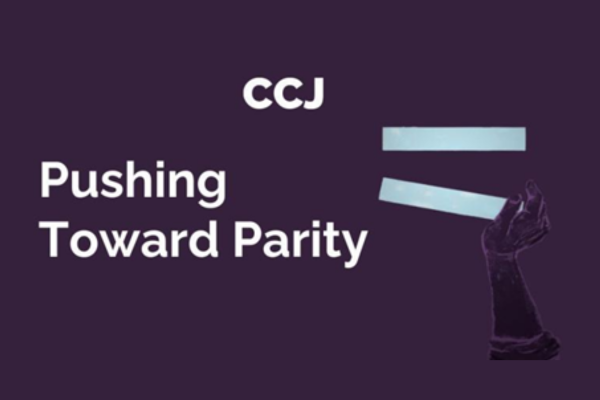
Continuing with previous analyses that showed a 40 percent drop in the Black-white imprisonment disparity between 2000 and 2020, the Council on Criminal Justice (CCJ) and Georgia State University (GSU) recently partnered with the Crime and Justice Institute (CJI) to examine more than 700 statutes adopted in 12 states between 2010 and 2020, to better understand how sentencing reforms might have influenced the reduction. Laws included for study related to violent, property, and drug crimes, as well as parole release and technical violation practices. The states included in the study (Arizona, California, Colorado, Florida, Georgia, Illinois, New York, North Dakota, Pennsylvania, South Carolina, Texas, and Utah) varied by region, demographic composition, sentencing structure, and the political party in power. These analyses are the latest installment in CCJ’s Pushing Toward Parity series.
CJI’s team traveled to 11 of the 12 noted states to provide thorough qualitative analysis, in-depth interviews with key justice system stakeholders, and a statutory review of sentencing and release policies for each of the states. With minor exceptions, the analysis found that the sentencing reforms had negligible impacts on reducing racial disparities, and instead largely codified changes to enforcement, policing, charging, and sentencing practices that had occurred before the laws were enacted.
Len Engel, Director of Policy Campaigns at CJI, stated, “It was a wonderful experience working with CCJ and GSU on this project. One important takeaway for me is that policy makers must be purposeful in what they want to accomplish. If reducing racial disparities in the justice system is a goal, then it must be prioritized in the fact-finding and policy development process. Reducing disparities cannot just be a hoped-for byproduct of justice system policy changes.”
To learn more about the findings and the Pushing Toward Parity project, please visit: https://tinyurl.com/vamdscem